Jogging up a wide path in the city park after an intense meditation at streamside, I spot a large animal leisurely walking away about 200 meters away. It’s the size and shape of an average dog. But it wasn’t a dog, and it had spotted me first.
The animal stopped and turned to look at me at about 100 meters, and then again at 75 meters, before scooting into the brush around a turn. I didn’t think I’d be able to confirm its identity.
But as I made the turn and looked to the right, there it was, less than 5 meters away, standing on a log staring at me. A coyote, the closest I’ve ever been to one and the first and only one I’ve seen in the quarter-mile wide park that runs through this mid-size town.

In a meditative state, without the filter of memory and the shadow of the known, one’s senses are sharp and attuned, and the mind is quiet and present. Thus I found myself standing face to face with a full-grown coyote in the prime of its life, its gray bushy tail held out straight, its ears up, and its eyes piercingly alert. The encounter was at once completely incongruous, and totally natural.
We stood motionless staring at each other for timeless seconds, perhaps 20 seconds altogether. I could feel its curiosity and intelligence.
The species barrier fell away. We were simply two beings looking at each other, a large, healthy animal in the middle of the man-made world, and a human in a meditative state suddenly transported beyond the world.
Then something happened that didn’t seem unusual at the time, but I later realized was extraordinary. For a moment, it felt as though the human being was looking through the coyote’s eyes, and the coyote was looking through the human being’s eyes.
A cyclist came riding up the path, and I turned to look. Though the cyclist was out of the coyote’s line of sight, when I looked back the next second it was gone. The fissure in time and space, the opening to a dimension beyond separate species, had closed.
I returned to the world of cyclists and runners, ostensibly as one of them. But something had changed within one.
Native Americans often spoke about such experiences, and their myths flowed from them. The coyote figured prominently in these myths. For some tribes coyote was viewed mainly as a trickster, for others a transformer.

All myths are really about humans and their place in nature, as well as man’s powers over the earth and in the world. In the Native American tradition, the creative and destructive powers of humans were projected onto the coyote above all animals, a power potentially for good but increasingly for ill on earth.
According to Crow and Plains traditions, the coyote was second only to the Spirit Chief in its powers of creation. “Old Man Coyote took up a handful of mud and out of it made people,” they believed. “Old Man Coyote named buffalo, deer, elk, antelope and bear. And all these came into being,” the Crow said.
That pregnant idea carries Heidegger’s assertion that “language is the house of being” to its logical conclusion. The naming of animals and objects is not just central to what makes us human; in this worldview naming is what brought us and everything else into being. (“And God said…”)
Clearly, the human capacity for language evolved in nature and from nature. But it also removed us and alienated us from nature. Contrary to Crow myths, other animals don’t name things. Like most modern day philosophers and scientists, the Crow attempted to heal the divide by blurring the existential difference between humans and nature.
So is “language the house of our being?” As our consciousness is, yes; as our consciousness can be, no. One’s encounter with the coyote was beyond words, and the separation words inevitably produce.
When the mind is completely attentive and quiet (certainly not its baseline state, even for someone who has meditated all his adult life), the stillness of being is the source of language, and our true home, where the mind rests and language and culture are renewed.
Martin LeFevre
Lefevremartin77 at gmail.com
No comments:
Post a Comment